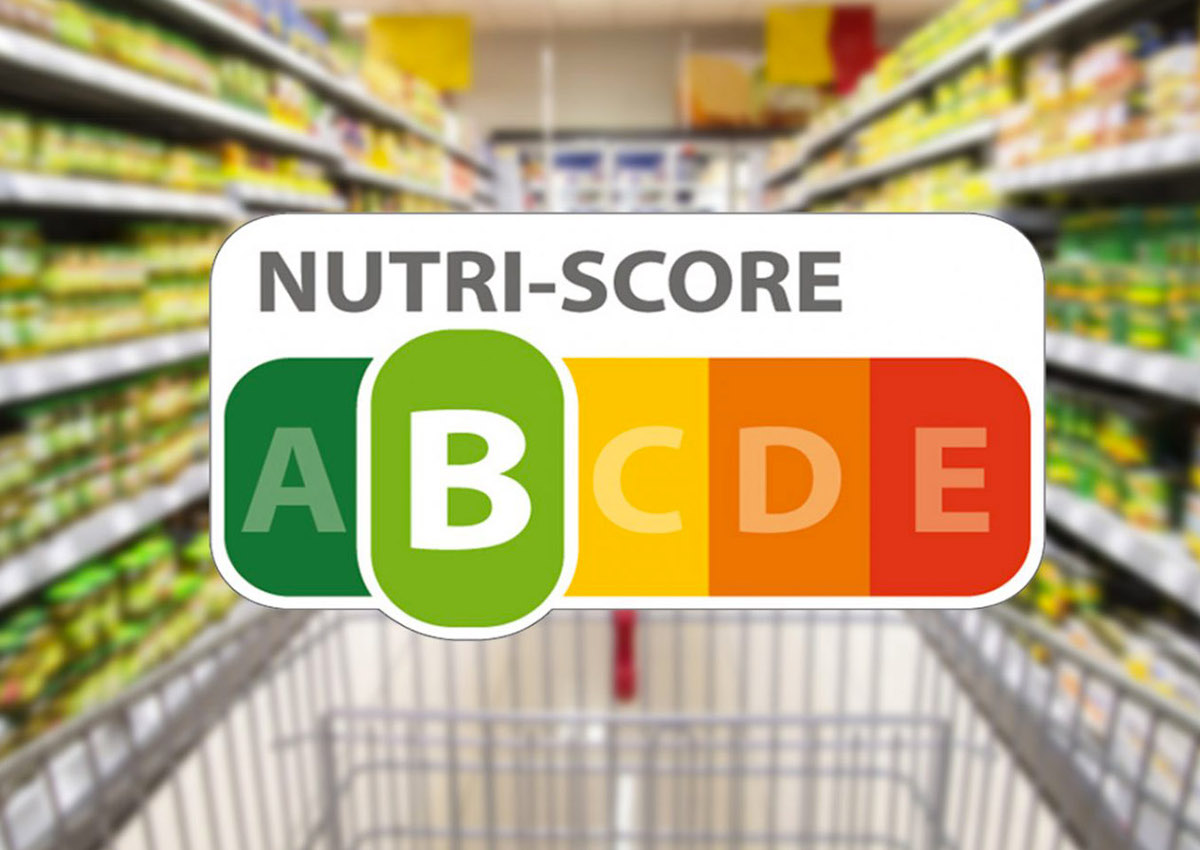
In these days there is much discussion about the food labeling system promoted by France, called Nutriscore, to which Italy has already strongly opposed. The Italian Minister of Agricultural Policies, Stefano Patuanelli, has in fact defined it as “an extremely dangerous method that could put the Italian agri-food system at risk, unlike the battery system which does not evaluate individual foods, but rather their incidence in the diet.”
Click here to discover the authentic Italian F&B products on Italianfood.net platform
France’s CNAOL – Conseil national des appellations d’origine laitières (National Council of Appellations of Dairy Origin) – which groups all the organizations for the defense and management of French dairy PDOs, has expressed a similar opinion about it. In fact, the Council sent a letter of opposition to the MPs of COmagri and Comenvi. “We are aware of the urgency of the issues at stake” – writes Michel Lacoste, president of CNAOL. “We are aware of your attachment and commitment to a more sustainable consumption, for which we are very grateful. In this context, and in view of the role you will play in the development of the harmonized strategy for nutritional labeling, we would like to draw your attention to the discrepancy between the nutritional labeling introduced in France and the very essence of GI dairy products.”
“The Nutri-Score is not at all suitable for PDO and PGI products,” – continues Lacoste. “In the specific case of cheeses, although protein content is perfectly correlated to calcium content, the Nutriscore system does not reflect this as positive scores are only awarded for protein values up to 8g per 100g. Under this system, ultra-processed industrial foods are much more likely to be rewarded than PDO and PGI products which contain fewer and healthier ingredients. Placing a Nutriscore D or E logo on the front of GI cheeses could lead people to believe that these PDO and PGI cheeses are not high-quality products, that is inconsistent with the very definition of these labels.”
